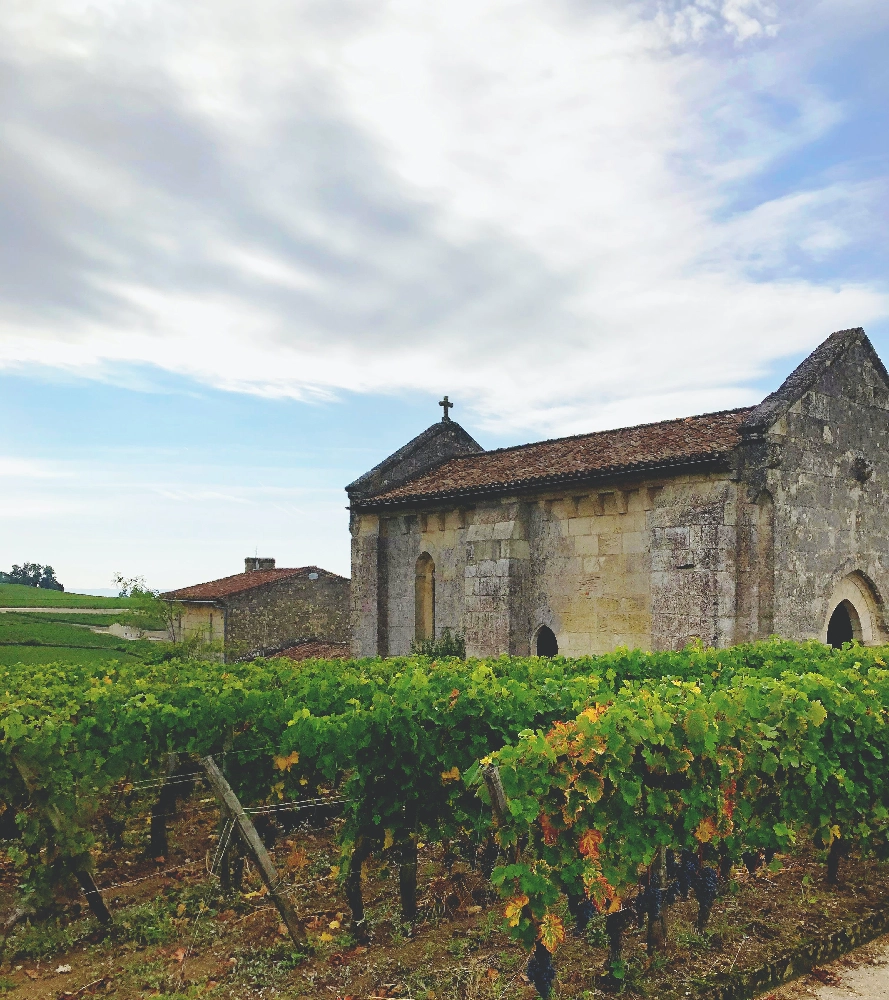
Bourgueil Wineries & Wines Stats
Wineries
173
Wines
1093
A Wine Genealogy of Bourgueil: Unraveling the Rich History and Significance of this Notable French Viticultural Region
Introduction: Bourgueil, an alluring yet humbly named appellation nestled in the Loire Valley, France, has long been recognized for its exceptional contributions to the world of wine. With a rich heritage that spans several centuries, Bourgueil has crafted a unique and significant niche within the realm of viticulture, leaving an indelible mark on both the French and international wine scenes.
Historical Background: The first records of grape cultivation in Bourgueil can be traced back to the 13th century when monks began producing wine in nearby abbeys. By the 15th century, Bourgueil had become an essential source of wine for the French court, with King Charles VII himself being a notable admirer. The region's reputation continued to grow throughout the following centuries, as it weathered the challenges brought by wars and economic instability.
Geographical Characteristics: Bourgueil is situated in the Loire Valley, characterized by its gently rolling hills, chalky-clay soils, and a mild climate influenced by the Atlantic Ocean. These conditions offer an ideal environment for the cultivation of grapes, particularly the region's most prominent variety, Cabernet Franc.
Viticulture and Winemaking: Cabernet Franc grapes are the cornerstone of Bourgueil wines, with a secondary use of Gamay, Pineau d'Aunis, and Malbec. The region's wine style can be described as medium to full-bodied with bright acidity and aromatic complexity, reflecting the area's terroir. Bourgueil wines often exhibit flavors of red and black fruit, spice, and floral notes, making them a perfect complement to various dishes, particularly red meat, poultry, and soft cheeses (as per the given data).
Significance: The significance of Bourgueil lies in its historical roots, unique geographical characteristics, and the high-quality wines it consistently produces. Its Cabernet Franc grapes have played an essential role in shaping the Loire Valley's wine identity. In addition to its local importance, Bourgueil has also contributed to the international wine scene as one of the earliest adopters of organic viticulture practices. Today, the region is committed to preserving its heritage and continues to produce wines that are both steeped in history and embody modern winemaking techniques.
Conclusion: Bourgueil's historical wine significance is deeply rooted in its rich past, unique geography, and high-quality wines. From humble beginnings as a vital source of wine for the French court to its current status as an essential contributor to the Loire Valley's wine identity, Bourgueil remains a fascinating chapter in the larger story of French viticulture. Through its unwavering commitment to preserving tradition while embracing innovation, Bourgueil continues to captivate and inspire both connoisseurs and casual enthusiasts alike.
